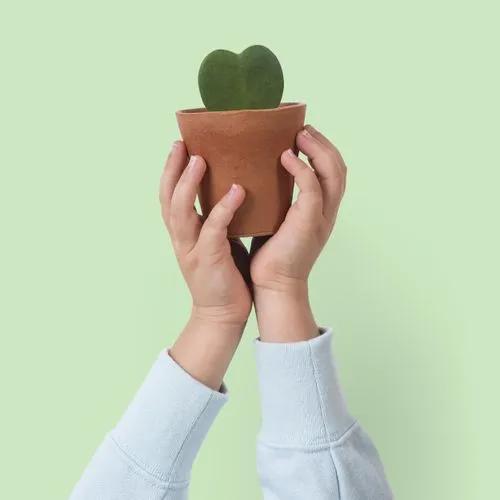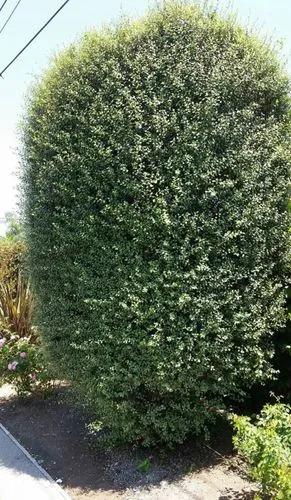'Variegatum Monstrosum', knowns as mouse-cup taro, is ornamentally grown in St. Louis for its attractive elephant ear-like green leaves with unusual white variegation. Leaf tips will sometimes form a cup that holds water, at times with tails extending outward from the cup. In tropical climates, plants will grow to 5-7’ tall with leaves to 2’ long, but will more often grow to 2-3’ tall in one season in Midwestern gardens. From a distance, the variegation on each large leaf purportedly resembles the light and dark patterns found on the cartoon character Mickey Mouse. Flower is a greenish-white spathe enclosing a white spadix, however flowers are infrequently produced.
Mickey Mouse Taro Plant Care
Xanthosoma Sagittifolium 'variegatum Monstrosum'
Other names: Mouse-cup Taro



How to Care for the Plant

Water

Mickey Mouse Taro needs 0.8 cups of water every 9 days when it doesn't get direct sunlight and is potted in a 5.0" pot located in Minneapolis, MN.

Pruning

Occasionally

Fertilizer

To replenish this plant's nutrients, repot your Mickey Mouse Taro after it doubles in size or once a year—whichever comes first.

Soil

The plant needs partial shade and moist soils to grow well.

Temperature

The plant is suitable for growing in climates where temperatures never drop below 27 degrees F. or -2 degrees C.

Additional

Other: All parts of plant contain calcium oxalate crystals, an irritant to the mouth and esophagus. Toxic to cats and dogs.

Popularity

183 people already have this plant 22 people have added this plant to their wishlists
Discover more plants with the list below
Popular articles






